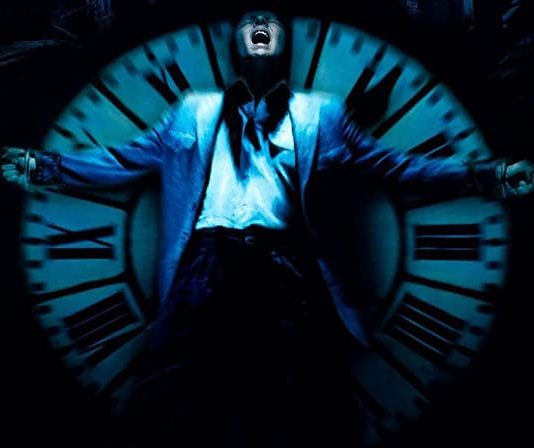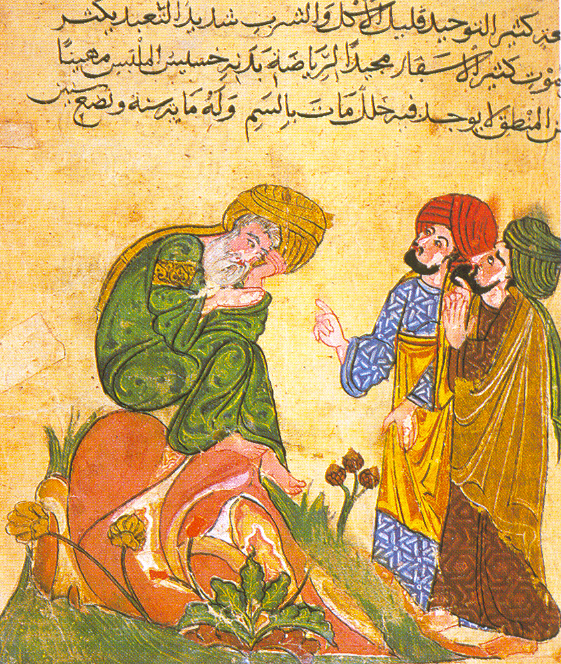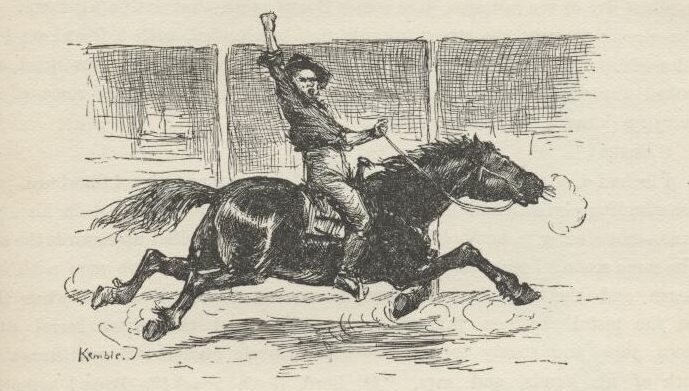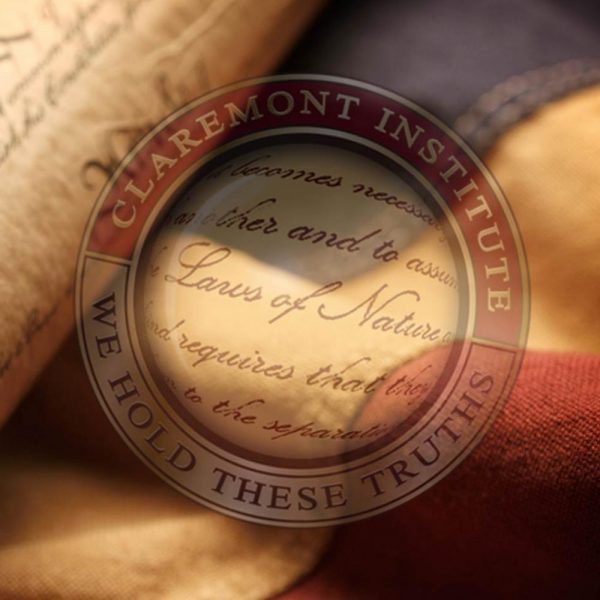What is the Bedrock of Being? (A reply to Alex Priou.)
The Cave Beneath the Cave

Our ruling classes hold as much contempt for reality as they do for us.
If you’ve been looking at America over the last couple of weeks—if you’ve seen our pious liberal elites rush from arbitrarily enforcing an indefinite, unprecedented lockdown in the name of social distancing to applauding race riots, looting, and the destruction of countless lives—then welcome to the social construction of reality. Welcome to the Dark City.
I think we’re about ready to face the vision of Dark City, the neo-noir sci-fi cult hit of 1998 by writer-director Alex Proyas and David S. Goyer (who later co-wrote the Nolan Batman trilogy and the Snyder Superman movies). The movie starts with what we now call a canceling. Our protagonist (Rufus Sewell) wakes up naked and amnesiac in a hotel bathtub. He’s barely come to before he gets a warning phone call: “run. They’re after you.”
Before we called it cancel culture, it was called a frame-up: They put the frame on you, you look guilty before you know what even happened. It’s happening every day to somebody, so much so that we all talk about narratives. Even our liberal elites, who make the narratives, talk about them. It’s all out in the open and therefore, one may hope, losing power over us.
More and more people are catching wise to the fact that the “narrative” is mere artifice, a construct, not the real world. Our return to our natural powers of perception, our apprehension of the world around us, often feels like sudden bursts of light, like a revelation—like taking the red pill and waking up. Or else we make long, confusing treks down paths we don’t quite master, but instinct tells us we should follow them.
The revelation of Dark City comes early in the movie: John Murdoch—our protagonist remembers his name—sees the city stop dead at midnight, like an unwound clock. He sees rich turned into poor, working class turned into elites, reality reconstructed by engineers who rule humanity by their power over imagination. This is called tuning, we learn—you know, like T.V., the magical popularity machine our elites have long used to advertise fantasies and invite us to try them on for a while.
We learn that the Dark City is run by an underground race of alien body snatchers—a collective disembodied intelligence running experiments on human beings to find out the secret of good and evil, the core of our being and the key to our resilience. So far, the aliens have managed to become animated corpses, somewhere between Frankenstein’s monster and Dracula, as modern as electricity and as pre-modern as exploitative aristocrats. But now they’re trying to create a serial killer, to see if they can steal a man’s soul by convincing him he is evil. In short, they’re leftists.
What the Aliens Believe
The aliens are convinced that all beings—excepting only themselves—are merely the products of circumstances. Put a man in this house or that job or such-and-such a social class, and he’ll behave according to the script. Our extraterrestrial overlords are willing to sacrifice everything to prove this point, since it’s more important to acquire knowledge of social control than to let people live unmutilated.
The social construction of reality is the belief that you can talk death to death—that you can forget about being human, embodied, a mortal individual with a longing for eternity. If you put enough violence behind this belief, it’s supposed to work. You can lock down a society—if health scares don’t work, riots just might. If people do not submit, they will be compelled. In our own society, religious insistence upon the truth of this philosophy has reached the stage of offering human sacrifices—if man cannot be ennobled, he can be debased. But one way or another, he will be reconstructed.
The terror of being turned into something evil to prove a point drives our protagonist. He needs to discover whether he really is human, whether he is capable of love, whether he ever had a family, whether he can trust anybody or befriend anybody. Or is he evil? Is he what people say he is? How is he supposed to escape his assigned destiny when his identity—his very memories going back to childhood—have been manufactured, like advertising toys and consumer goods trying to make a T.V. show come true?
The aliens are a good symbol for the gnosticism of our elites. They are animated by a hatred of the body, of our mortal condition; they have damned the world to ugliness and suffering in their insane belief that disembodied Mind can reconstruct everything and eliminate all pain or mortality. Their science makes them arrogant—this is their weakness, and it makes them cruel. They will violate anything that gets in their way.
John Murdoch is caught between two men: a cop (William Hurt) and a doctor (Kiefer Sutherland). Law and science. He has to acquire a measure of wisdom in order to prove to the aliens that he is just. But his tendency is to run in fear of the cop, because he seems cruel, and to bully the scientist into submission, because he seems sneaky. Murdoch is in danger of corrupting himself at every step—the more he knows about the corruption of the Dark City, the more he is tempted to do something mad. But his redemption requires self-control first and foremost: like all of us, if he is to triumph, he must first look upon the terrors of reality without blinking.
Out into the Light
Murdoch at last finds his purpose in his love for his wife (Jennifer Connolly). Gradually, that love goes beyond the convention of marriage—since that could be manufactured by the evil genius of the aliens—and gets to man’s natural eroticism. The pair seek wholeness together with one another, following that ancient human impulse to love and to be loved, to go beyond yourself without self-destroying. This return to nature keeps Murdoch sane in his war against the aliens, and it’s also what convinces him to restore freedom to everyone instead of conceiving tyrannical desires as he becomes powerful.
It’s not an accident therefore that the movie blends science fiction and film noir—we have no better way to ask the question “what is natural?” than by looking at human nature, which we know better than any other part of nature. Justice and love, public and private life, are brought together in a fearful way by crime, which is the madness that threatens to consume humanity. More than that: our inquiry into human nature is not merely self-obsession, since we are natural beings. We have purposes, powers of the soul to accomplish them, and an orientation to the good that defies any attempt to pervert our nature, even through technology. We make mistakes, but we can also learn that we make mistakes.
Like Murdoch, we might push through our own struggles against our nihilist ruling classes to find that we need to return to our teaching of natural rights. We need a teaching of justice that tells us we are each individually capable of action and judgment, and together we can organize our affairs reasonably. We don’t need to believe the promise of a corrupt intellect or scientific expertise, any more than we need to believe the promise of a morality so pure we can angrily destroy people and pretend they’re not even human. We might instead look at nature through what we know of human nature. We might become less terrified of the world, and we might feel less powerless.
Leo Strauss talked of modernity as a cave underneath the natural cave which was Plato’s description of all human societies. We all believe things we cannot prove; we can all learn that our powers of reasoning are limited, that we are mortal, and that our collective affairs are constrained by the urgency of everyday demands. We will never be pure minds simply comprehending the cosmos. We have to settle for less than perfect wisdom—and most urgently, we need to prove we can understand what justice is. Otherwise we cannot believe that being human is good, and we’re no better than the aliens.
Modern science tries to solve this problem of understanding human nature by dehumanizing us, reducing us to forces and causes that deny what is obvious to us. Every time we get some power out of science, we further enslave ourselves to a technology that denies our political self-government and the connection between our desire for justice and our reasoning about nature. Dark City is the best image of this cave beneath the natural cave, this technological trap of our making, because it reveals how liberalism creates a new form of science which hates humanity and therefore makes human beings hate reason in turn.
This is our problem. If we want to talk about justice, we tend to turn around to a supposed scientific solution that throws out our humanity. But if we want to talk science, our rationality is quickly chained by politically correct morality, the liberal piety of our times. The conclusion of Dark City—the return of nature, life, and the good, of water and the shining sun—is what we should hope and strive for.
(For more on this film, please listen to a recent podcast Titus did with Justin Lee.)
The American Mind presents a range of perspectives. Views are writers’ own and do not necessarily represent those of The Claremont Institute.
The American Mind is a publication of the Claremont Institute, a non-profit 501(c)(3) organization, dedicated to restoring the principles of the American Founding to their rightful, preeminent authority in our national life. Interested in supporting our work? Gifts to the Claremont Institute are tax-deductible.
Conserve your spine or lose it all.
How the left usurped our language—and the Right let it happen.
The dark history of the radical Left's enforcement arm.
A Statement from the Claremont Institute
Mr. B.A. Pervert Knows Leftists Don't Believe in Democracy.






